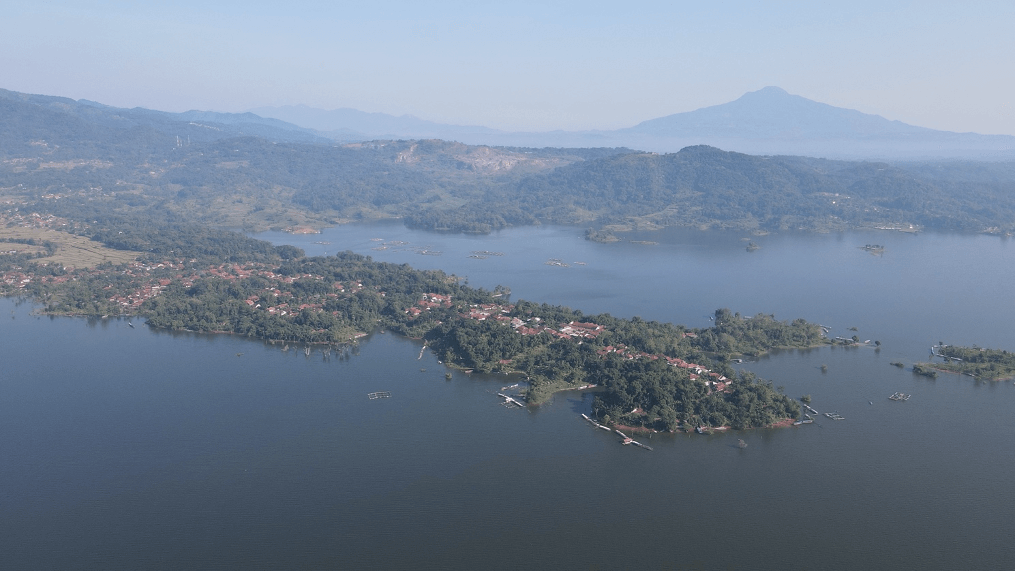Transformative hydro-politics: From antidam movements to the revival of new dam schemes in Indonesia
Project led by Associate Professor Xiao Han from Hohai University
Critical geographers and political ecologists are increasingly probing into the political character of dams. Neither to feature the “best practice” of damming nor “successful” antidam movements, this research aims to examine the nature of evolving hydro-politics. With attention paid to Indonesia from the intensification of antidam movements in the 1990s to the revival of new dam schemes in recent years, we employ three case studies to question: how do governments, financiers and builders plan and execute dam projects? In what ways can dam projects benefit or affect the livelihood and wellbeing of local communities? How do local communities and environmental activists respond to such plans and specific damming activities? The case studies include: Kedung Ombo Dam project, which received World Bank loans from 1985 to 1993 but with the outstanding balance cancelled in 1994; Jatigede Dam project built in 2015 by Chinese state-owned company with funding from the Chinese government; and Batang Toru Dam project, which is currently under construction by a Chinese private firm. Based on archival research and interviews with environmental activists and industrial insiders, we follow assemblage thinking to analyse and compare the (un)making of these dams to characterize the hydropolitical transformation over the past decades.

Image: Karang Pakuan Village. [Photo/ Ardhitya Eduard Yeremia]